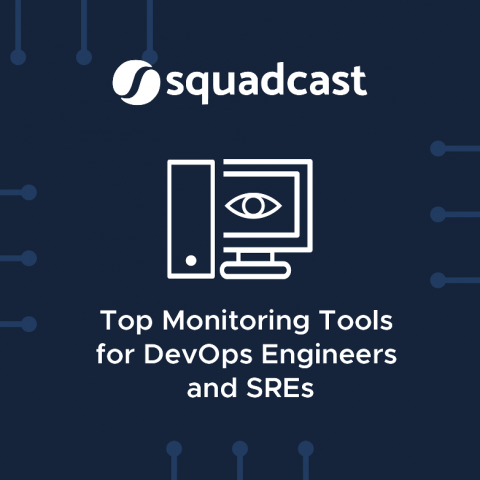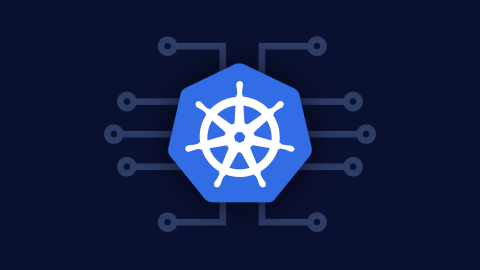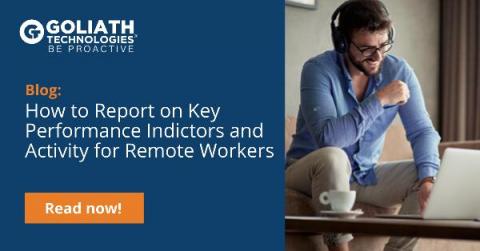Facade Pattern in Rails for Performance and Maintainability
In today’s post, we will be looking into a software design pattern called Facade. When I first adopted it, it felt a little bit awkward, but the more I used it in my Rails apps, the more I started to appreciate its usefulness. More importantly, it allowed me to test my code more thoroughly, to clean out my controllers, to reduce the logic within my views and to make me think more clearly about an application’s code’s overall structure.











